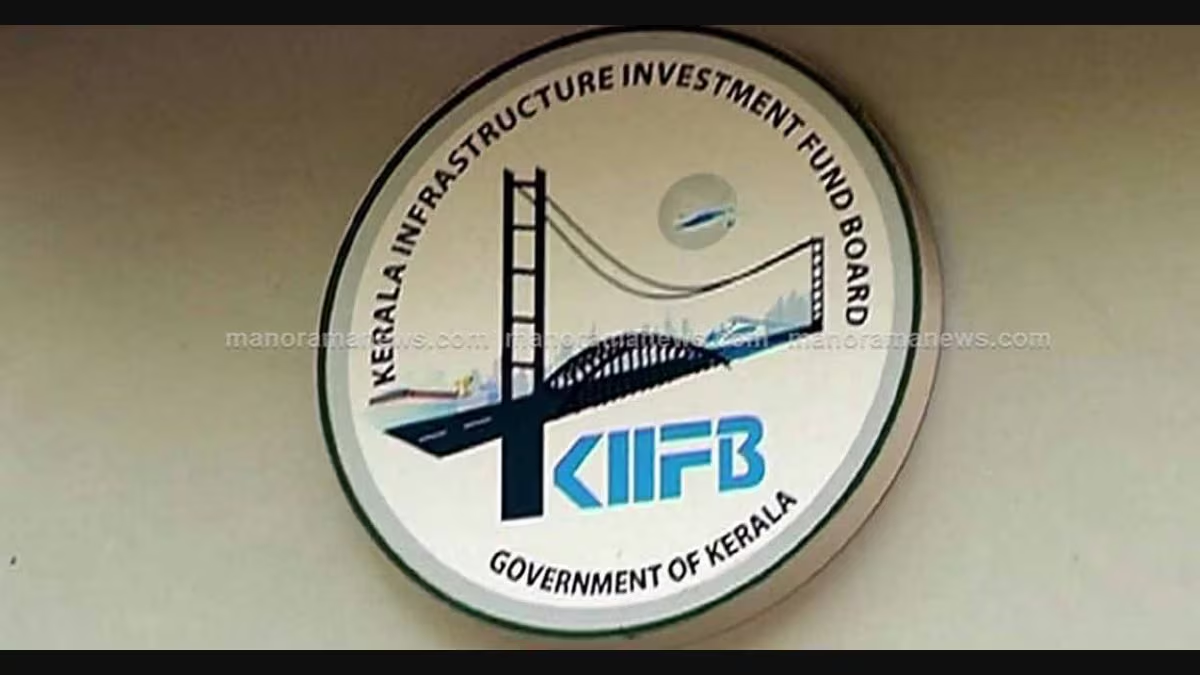Kerala’s KIIFB Faces Scrutiny Over Shift to Revenue-Generating Projects
The Kerala Infrastructure Investment Fund Board (KIIFB) is once again in the spotlight following the Kerala government’s budget announcement, which confirmed plans to transform the board into a revenue-generating entity. This proposal has sparked a heated debate, with opposition parties voicing their concerns over the financial implications for the state.
In the budget presented on February 8, 2025, Finance Minister KN Balagopal outlined the government’s intentions to conduct studies and explore further revenue-generating projects under KIIFB. This marks a shift in the original structure of KIIFB, which was designed to oversee infrastructure development by raising funds through loans, a large portion of which is secured through interest-bearing debt. Opposition parties, particularly the Congress-led United Democratic Front (UDF), have strongly opposed this new model. The government had previously raised the prospect of charging tolls on roads funded by KIIFB if their development costs exceeded certain limits. This proposal, which was met with intense resistance, is now seen as a significant burden on Kerala’s taxpayers, according to critics. KPCC (Kerala Pradesh Congress Committee) President K Sudhakaran warned that if the government proceeds with the toll system, Congress would take to the streets in protest. He stressed that such a move would unfairly penalise the public and make Kerala’s infrastructure development unsustainable in the long term.
Opposition Leader VD Satheesan has expressed concern that this new revenue-generation plan will turn KIIFB into a financial liability for the state. When the KIIFB bill was initially introduced, the opposition had raised legal concerns about the potential for increased debt, warning that the financial burden of KIIFB’s borrowing would ultimately fall on the state’s taxpayers. Now, with the government’s confirmation of its toll plan and revenue-generating initiatives, Satheesan argues that the warnings of the opposition have proven correct. The announcement also casts a shadow over the state’s financial health. While the budget proudly points to Kerala’s improved fiscal status, the opposition remains unconvinced, arguing that the state has amassed an unprecedented level of debt. Critics claim the government’s economic claims are misleading, especially given the sharp rise in public borrowing under the current administration.
At the core of the controversy is the long-standing debate about the role of KIIFB in Kerala’s infrastructure. Originally, KIIFB was meant to be a developmental body, helping the state create essential infrastructure without burdening the public purse. However, with the shift towards revenue-generating projects, many now fear that KIIFB’s role could evolve into something that brings about more financial risk than benefit. The government’s new stance on KIIFB follows an era of high public debt, which has escalated under the current administration. For many in the opposition, the growing reliance on loans and the introduction of revenue-generating schemes marks a troubling shift towards monetising the state’s infrastructure, instead of building it as a public good. As debates continue, the future of KIIFB’s role in Kerala’s development hangs in the balance. The government’s decision to push forward with the revenue-generating model will likely be a point of contention for months to come, with more protests and legal challenges expected from the opposition parties. With the state’s financial future at stake, the unfolding developments will be keenly watched by both political observers and residents, as Kerala navigates a complex path of economic growth and fiscal sustainability.


